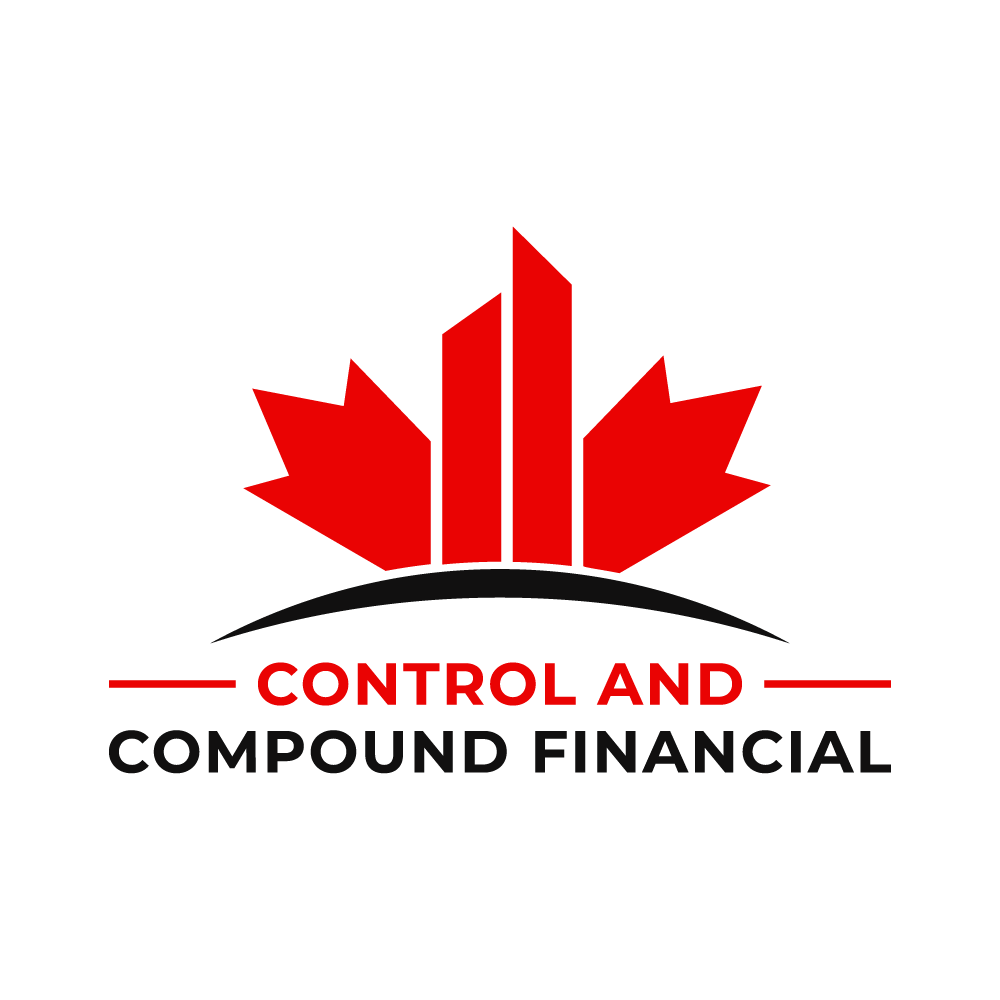Understanding Canadian Income Tax: Equity and Efficiency Examined
The Canadian income tax system is known for its complexity and progressive nature. In Canada, taxation is divided into federal and provincial components, with each having its nuances. A fundamental aspect of the system is the basic personal amount, which sets a threshold income level below which no federal tax is paid. This ensures that lower-income groups are not unduly burdened.
Federal and Provincial Tax Systems
The federal tax is consistent across Canada, but provincial taxes vary, adding a significant layer to the overall tax burden. For example, incomes below $15,000 are exempt from federal taxes. As income increases, the tax rate escalates in a tiered structure, ensuring higher incomes are taxed at higher rates, embodying the principle of progressive taxation.
Provincial tax rates significantly differ across Canada, influencing the total tax liability of individuals. Alberta's flat 10% tax rate up to $142,000 starkly contrasts with provinces like Ontario, where taxes begin at a lower rate and gradually increase. This diversity reflects the unique fiscal policies of each province.
The Wealthy's Contribution to Tax Revenue
The contribution of high-income earners to Canada's tax revenue is a topic that often stirs debate. Detailed analysis reveals that this segment of the population carries a significant portion of the nation's tax burden, contrary to some popular beliefs.
In Canada, the top 20% of income earners, those making more than $243,000 annually, play a pivotal role in the country's tax revenue. Statistics indicate that this group is responsible for a disproportionate share of income taxes. They contribute about 62% of all federal income taxes, a striking figure considering their percentage of the population.
This disproportionality becomes even more pronounced when broadening the scope to include those earning above $159,000. Individuals in this income bracket, representing the upper echelons of Canadian earners, are responsible for approximately 84% of all income taxes. This data challenges the narrative that high-income individuals are not paying their fair share in taxes.
The Canadian tax system is structured progressively, meaning that as individuals earn more, they pay a higher percentage of their income in taxes. For instance, those earning over $235,000 fall into the highest federal tax bracket, paying 33% tax on their income exceeding this threshold. This system ensures that those with greater financial resources contribute more significantly to public finances, embodying the principle of tax equity.
High-income earners' contributions extend beyond their tax payments. Many of them are business owners or key stakeholders in corporations, playing crucial roles in the economy. They often create jobs, invest in businesses, and contribute to economic growth. These activities have a cascading effect on the economy, fostering employment and generating additional tax revenues from other sources.
Some argue that high-income individuals use tax loopholes to reduce their taxable income. While tax planning strategies are utilized by individuals across various income brackets, the overall tax contribution of high earners remains substantial. The notion that these strategies significantly erode the tax base is not strongly supported by the data showing their substantial contribution to overall tax revenue.
Economic Implications of High Tax Rates
High tax rates, especially on skilled professionals, have broader economic implications. Canada's position among the top countries in the OECD for high tax rates could deter skilled professionals from settling in the country. This raises questions about balancing fair taxation with maintaining economic competitiveness.
Rethinking Tax Fairness
The discussion on tax fairness and the role of high-income earners in public finance is complex. While it is essential to ensure that all income groups contribute their fair share, it's also crucial to consider the broader economic impact of tax policies. The debate about increasing taxes on high-income earners must consider potential repercussions, such as reduced competitiveness and the effect on overall economic health.
In conclusion, the Canadian income tax system, with its progressive structure, poses both challenges and opportunities. It illustrates the nuances of taxation and the need to balance fairness with economic vitality. The system's complexity underscores the importance of understanding taxation at both individual and societal levels.
This article is a synthesized adaptation of key insights from a recent podcast episode, offering a condensed overview of the discussed topics. For a more comprehensive understanding and in-depth analysis, we encourage you to watch the full episode, where you can explore these subjects further and benefit from the engaging discussions and expert opinions presented.
MEET DARREN MITCHELL AND THE CONTROL AND COMPOUND TEAM
At Control and Compound Financial, we are the guiding hands for real estate investors and business owners throughout Canada, fostering wealth and prosperity. Our expertise lies in understanding the intricacies of real estate investment and business ownership—after all, we are business owners and real estate investors ourselves, immersed in these spheres on a daily basis.
Embark on a journey of Limitless Financial Potential by scheduling a conversation with the Control and Compound Team. Benefit from a Complimentary Education Session that serves as your stepping stone toward harnessing boundless financial horizons.

